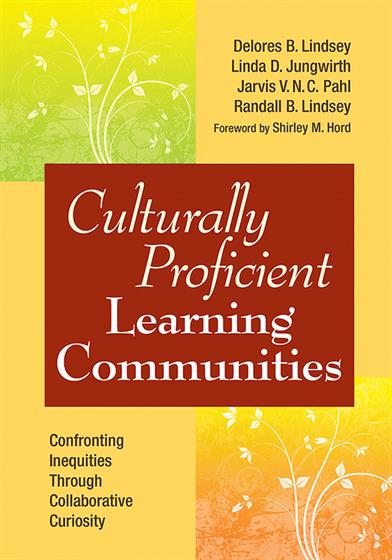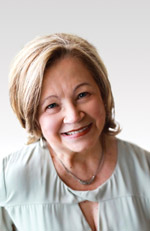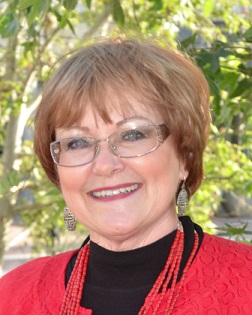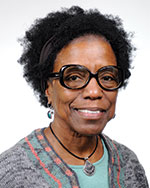Description
"Cultural proficiency challenges learning communities to go even deeper when inquiring about student barriers to success. This perspective is necessary to truly address the achievement and expectation gaps in our schools. Before we ask ourselves why our students are not succeeding, we must understand and examine our own perceptions and assumptions about them."
—Timothy A. Bias, Administrator
Pomona Unified School District, CA
Close the achievement gap with equity-focused professional learning communities!
Professional learning communities (PLCs) can be a powerful force for creating equitable, inclusive schools where all students succeed. Integrating the four Tools of Cultural Proficiency with the PLC framework, this relevant guide offers school leaders, district administrators, and staff developers a collaborative approach to address bias and inequity.
Culturally Proficient Learning Communities discusses the impact of our history on cultural understanding and provides a wealth of practical PLC-building strategies—including assessment and inquiry-driven planning, instructional design, curriculum development, coaching, leadership, and shared decision making. The authors examine the goals, purpose, and process of creating and sustaining equity-focused PLCs through:
- Templates, protocols, activities, and rubrics for deconstructing inequity in student achievement
- Stories, tools, and thinking prompts to guide an inside-out transformation toward cultural proficiency
- An extended example of one school district's journey in becoming a culturally proficient learning community
Schools that view diversity and differences as assets and opportunities will experience stronger holistic growth and increased academic achievement!
Key features
- A practical guide to forming and facilitating Culturally Proficient learning communities in the interest of all students
- Integrates the four sets of Tools for Cultural Proficiency with the elements and characterisitcs of Professional Learning Communities and the domains of Small Learning Communities
- Contains protocols, activities, and rubrics to convene conversations about the intersection of race, ethnicity, gender, and SES with disparities in student achievement





